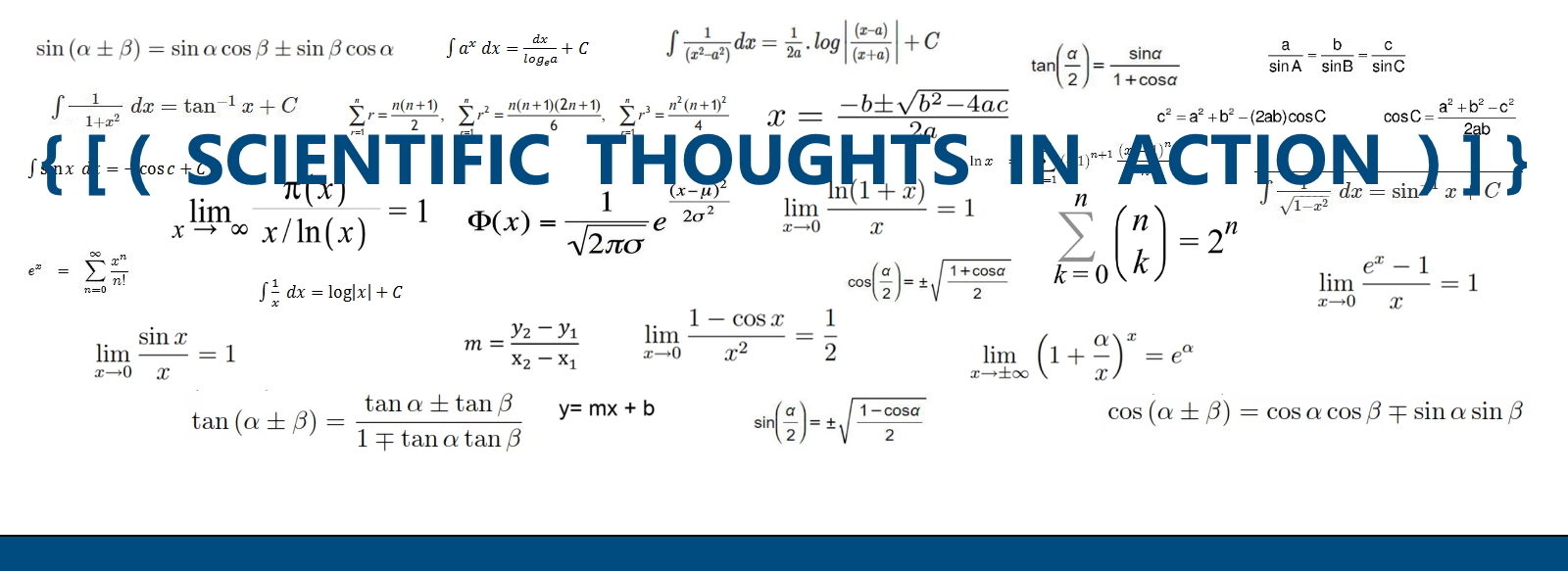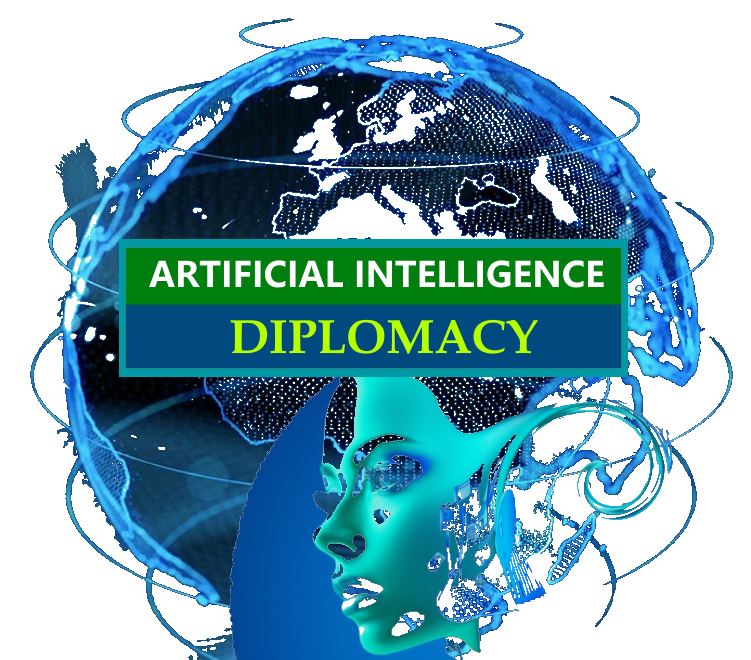Generative AI: AN HYPER-ASSISTANT TO DRIVE INFORMED DECISION
“By leveraging AI-driven analytics, diplomats can gain deeper insights into complex geopolitical issues, identify potential area for cooperation, and optimize diplomatic strategies for greater efficacy.”
[05] By Damián Tuset Varela
It is imperative for diplomats to adapt to the evolving technological landscape.
AI tools enhance the efficiency of information processing and provide strategic inside beyond traditional instruments.
AI techniques could assist and enhance decision-making processes which are often made with limited or incomplete information. Furthermore, the complex nature of diplomatic decision-making is influenced by deliberate misinformation (particularly on social media platform), data obfuscation and cultural differences.
However, the use of artificial intelligence must be seen as a tool, in which humans must always remain at the centre, to improve and make diplomacy and international relations more effective and efficient.
The following is an overview of the main tools made available by artificial intelligence applications, in particular generative intelligence.
REDUCE WASTE AND INCREASE EFFICENCY: SEVERAL AI ChatBOT PLAY ON THE FIELD
With a view to continuous improvement and increased efficiency in any context, the use of generative artificial intelligence lends itself to be a supportive and complementary tool for making informed and conscious decisions in a short time.
As evidence of the importance and effectiveness of generative artificial intelligence, many major companies are investing in this technology. Besides ChatGPT there are other chatbots. Here are the main ones:
CHATGPT (chatgpt.com): it is the most famous chatbot and virtual assistant developed by OpenAI and launched on November 30, 2022.
MICROSOFT COPILOT (bing.com/chat): it is based on the same AI technology from OpenAI. It’s free to use and you don’t need to be signed in to use the service.
GOOGLE GEMINI (gemini.google.com): it replaced Bard.
CLAUDE (claude.ai): it is one of the more sophisticated rivals of ChatGPT. Claude has a usage limit, after half a dozen of requests it stops to return available in four hours’ time.
PERPLEXITY (perplexity.ai): it only gets five searches every four hours.
META (meta.ai): it can be only used in the US.
BOOST YOUR PRODUCTIVITY AND ENHANCE YOUR POTENTIAL WITH MORE AI TOOLS
Besides ChatBOTs, there are other AI-based tools that offer specific capabilities non covered by players like ChatGPT. Here are a few examples
CANVA (canva.com): It is really good for designing posters, flyers, social media posts and the like.
NOTION (notion.so): It is a tool for creating to-do lists, taking notes o for creating personal journals. You can use it via web browser or by its mobile app.
OTTER (otter.ai): It is the best tool for transcribing meeting by video conference or in real life. Otter will listen in and transcribe the entire meeting, automatically a summary of meeting and not only. There are limits on free account. You can only record up to 300 minutes per month and up to 30 minutes in each meeting.
GAMMA (gamma.app): It is a tool to create unlimited presentations, websites, and more in seconds
LM STUDIO (lmstudio.ai): It runs an unlimited AI chatbot on your own computer rather than relying on cloud services. It is very similar to ChatGPT. It runs entirely on your device so you can even use it for sensitive tasks. It can check the Internet for up-to-date information or interacting with your files.
CHALLEGES AND OPPORTUNITIES IN THE AGE OF AI
“AI offers numerous opportunities for enhancing diplomatic efforts, fostering collaboration, and addressing global challenges in a more efficient and effective manner.” [05]
AI technologies will reshape traditional diplomatic practices.
BIBLIOGRAPHY/WEBOGRAPHY
[01] openai.com/news;
[02] theverge.com/ai;
[03] bensbites.beehiiv.com;
[04] grow.google/intl/uk;
[05] Damián Tuset Varela, Diplomacy in the Age of AI: Challenges and Opportunities, Journal of Artificial Intelligence General Science JAIGS Vol.2, Issue1, January 2024;


